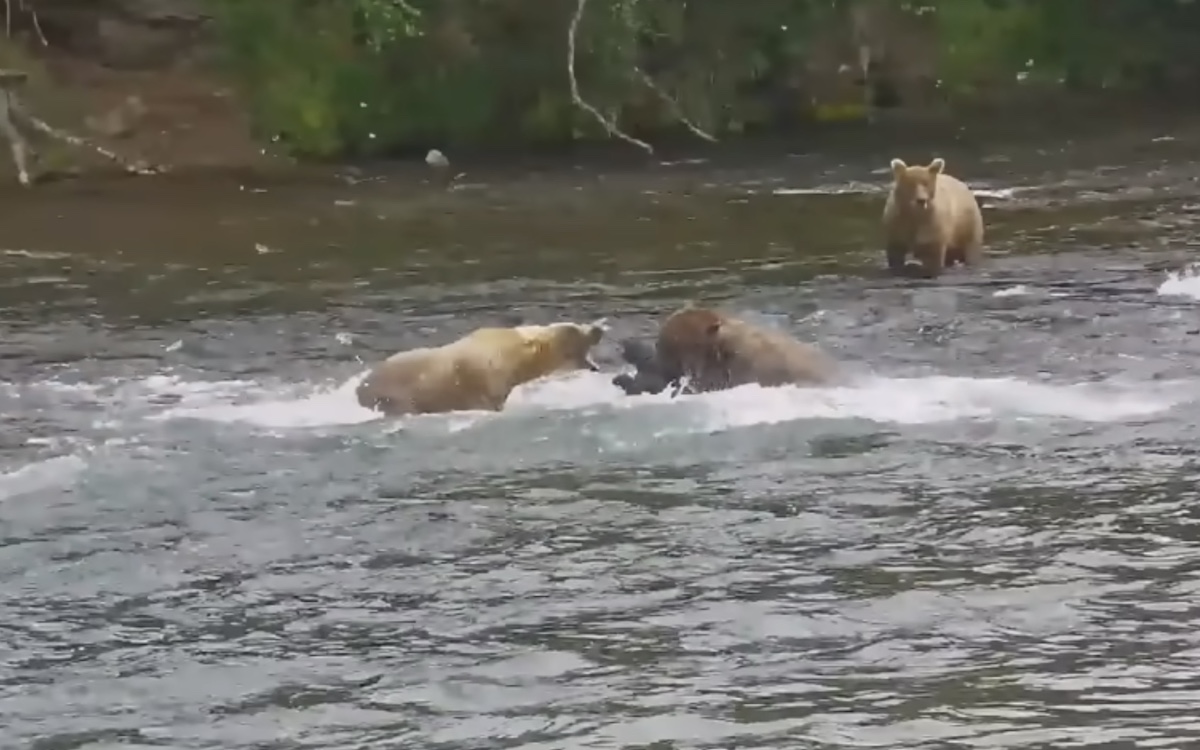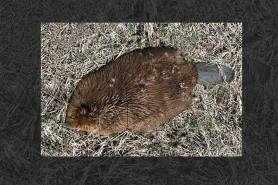

After decades of research into the ways polar bears stay warm in the wild, scientists have developed a new textile that could revolutionize the apparel that keeps us warm outside.
Videos by Outdoors with Bear Grylls
Researchers at the University of Massachusetts at Amherst say that their new two-layer fabric mimics polar bear skin and fur to make clothing that keeps you warmer at a fraction of the weight of similar garments. A jacket made of this new material is 30 percent lighter than the same jacket would be if it were made out of cotton. And yet, it could keep you comfortable at 18 degrees Fahrenheit colder than that cotton jacket could — as long as you’re in a sunny environment or a well-lit indoor room.
Although you may think of polar bears being fluffy and white, they have black skin underneath that white fur that absorbs heat from the sun, creating an “on-body ‘greenhouse’ effect,” as the UMass researchers phrased it in a journal article about the new textile, recently published in Applied Materials & Interfaces.

Polar bear fur is basically a “natural fiberoptic, conducting sunlight down to the bears’ skin,” according to a press release from UMass about the article. The bear’s skin absorbs that light and its fur traps it as heat, insulating the bear against the cold.
“While our textile really shines as outerwear on sunny days, the light-heat trapping structure works efficiently enough to imagine using existing indoor lighting to directly heat the body,” said Wesley Viola, the paper’s lead author, in the press release.
Having better-insulated clothing could help us reduce our reliance on indoor heating, Viola said, which could be great for the environment as we look for ways to reduce our reliance on fossil fuels. “By focusing energy resources on the ‘personal climate’ around the body, this approach could be far more sustainable than the status quo,” he said.
The lead researcher on the project, Trisha Andrew, has launched a startup called Soliyarn, which is already producing this new textile. We haven’t seen pictures of it yet, but we’re excited to see how it could be used in the future to make less bulky jackets for winter sports.
Check out our recommendations for best winter jackets for extreme cold and the best packable down jackets.









